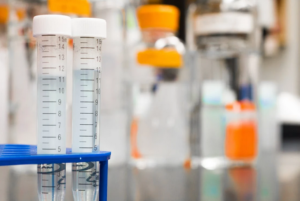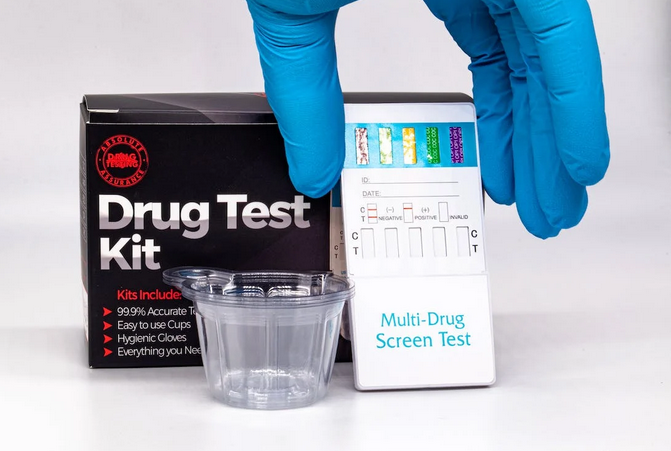Did you know that as an employer, there are many common drug testing mistakes that you can make? Many employers are not aware of the fact that different types of drug tests have different accuracy rates. For example, urinalysis is the most commonly used type of drug test, but it also has the highest error rate. But how could it get so wrong from time to time? For one, many employees and applicants use fake urine they buy at Synthetic Urine. Their website provides all kinds of fake urine that can totally mimic the real one. What else should you know? Today, we’ll shed some light on some of the most common errors employers make when conducting workplace drug tests and the fixes. Let’s get started.
The Wrong Type of the Test
 There are different types of drug tests with varying rates of accuracy. The most common one is urinalysis, which can have up to a 20% error rate. The second most common type is the hair follicle test, which has the second-highest error rate at around 10%. The third most common type is the blood test, and it has the lowest error rate at around 5%. The fourth type is the saliva test, which has an error rate of around 2%. So, if you want to avoid making mistakes, you need to choose the right type of test for your needs.
There are different types of drug tests with varying rates of accuracy. The most common one is urinalysis, which can have up to a 20% error rate. The second most common type is the hair follicle test, which has the second-highest error rate at around 10%. The third most common type is the blood test, and it has the lowest error rate at around 5%. The fourth type is the saliva test, which has an error rate of around 2%. So, if you want to avoid making mistakes, you need to choose the right type of test for your needs.
A Poorly Defined Drug Testing Policy
In some companies, employers fail to properly define their drug testing policy. As a result, employees and applicants are not sure what is expected of them. This can lead to confusion and frustration on both sides. To avoid this, ensure you have a well-defined drug testing policy that is clearly communicated to all employees and applicants. As a matter of fact, it is best to have a written policy that can be given to employees and applicants ahead of time.
Limited Test Panel
 Did you know that in the U.S., there are more than 200 drugs that are commonly abused? So, if you want to catch all drug abusers, you need to have a test panel that covers all of these drugs. Unfortunately, many employers make the mistake of having a limited test panel. As a result, they may miss some employees who are abusing drugs. You can avoid this by making sure your test panel is comprehensive.
Did you know that in the U.S., there are more than 200 drugs that are commonly abused? So, if you want to catch all drug abusers, you need to have a test panel that covers all of these drugs. Unfortunately, many employers make the mistake of having a limited test panel. As a result, they may miss some employees who are abusing drugs. You can avoid this by making sure your test panel is comprehensive.
Unreasonable-Suspicion Drug Testing
Not only is unreasonable-suspicion drug testing illegal in some states, but it can also lead to false positives. Failing to conduct reasonable-suspicion drug testing could result in discrimination claims. So, if you want to avoid making this mistake, ensure that you conduct reasonable-suspicion drug testing per the law. Also, be sure to have a well-defined policy that outlines the circumstances under which reasonable-suspicion drug testing will be conducted.
So what’s the bottom line for employers? Drug testing is an important tool for employers, but it’s not perfect. There are many common mistakes that employers make that can lead to false positives and other problems. So, make sure you choose the right type of test, have a well-defined policy, and conduct reasonable-suspicion drug testing in accordance with the law. Doing so will help you avoid common mistakes and protect your company from lawsuits.…

